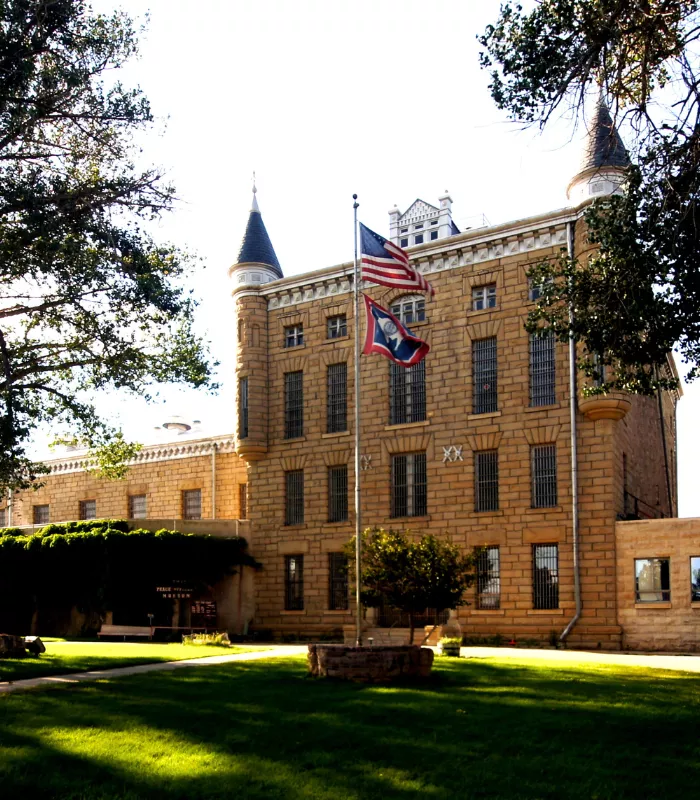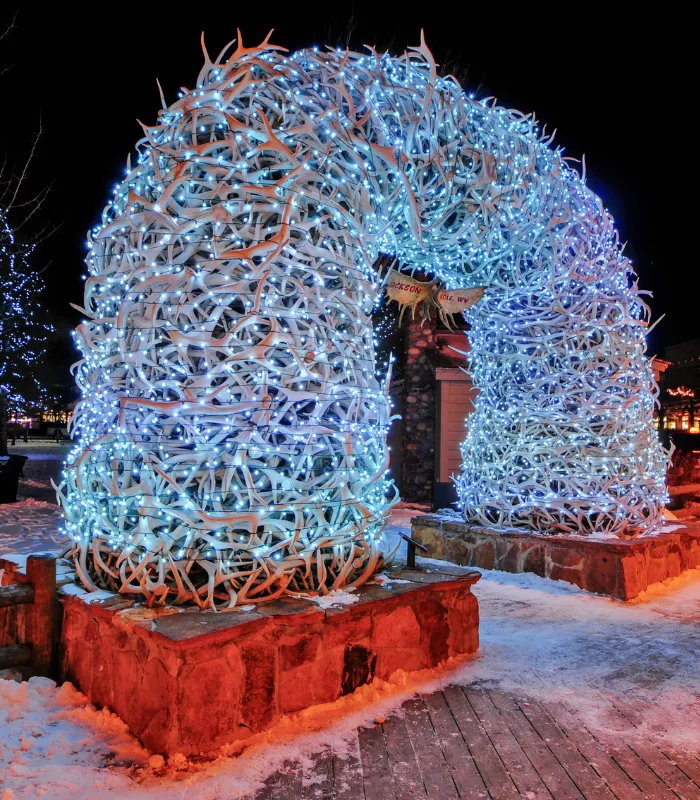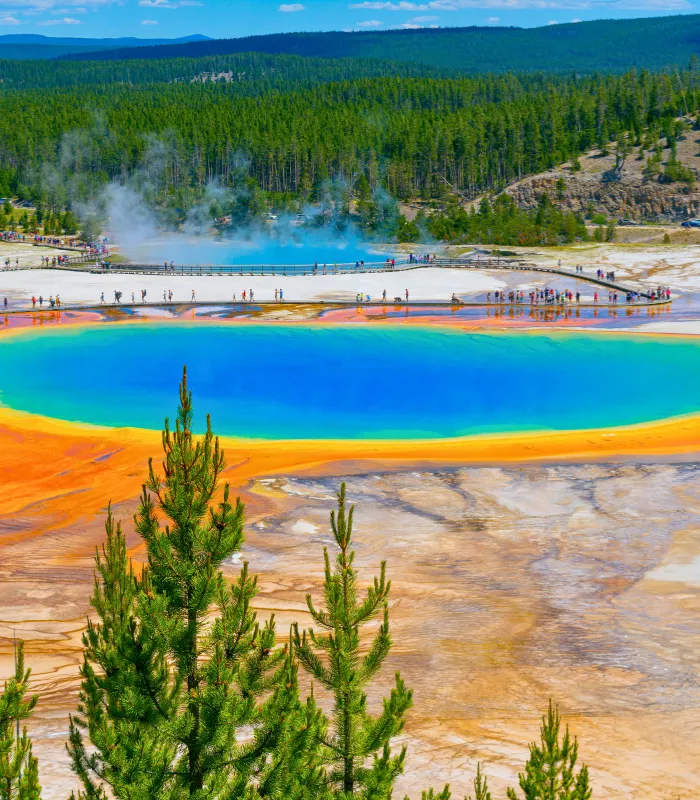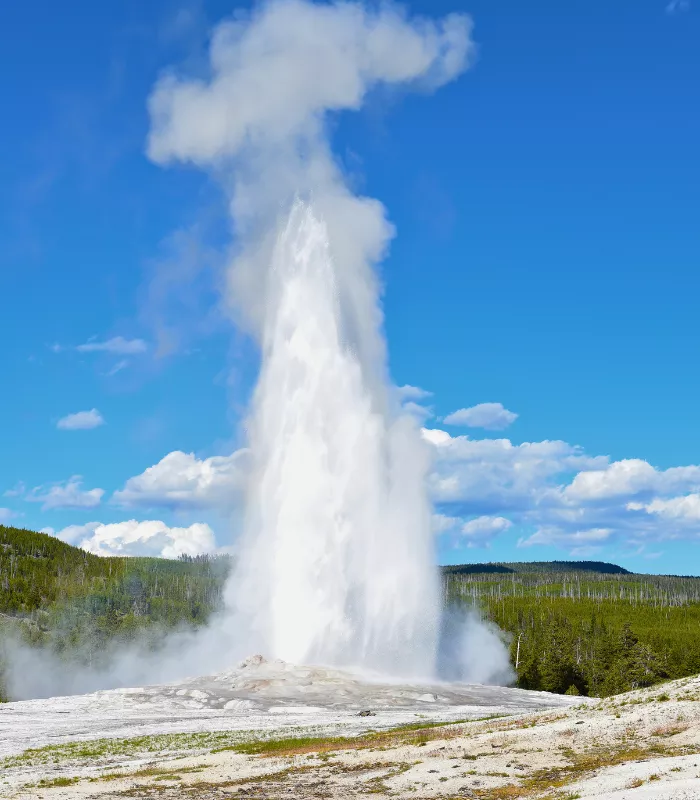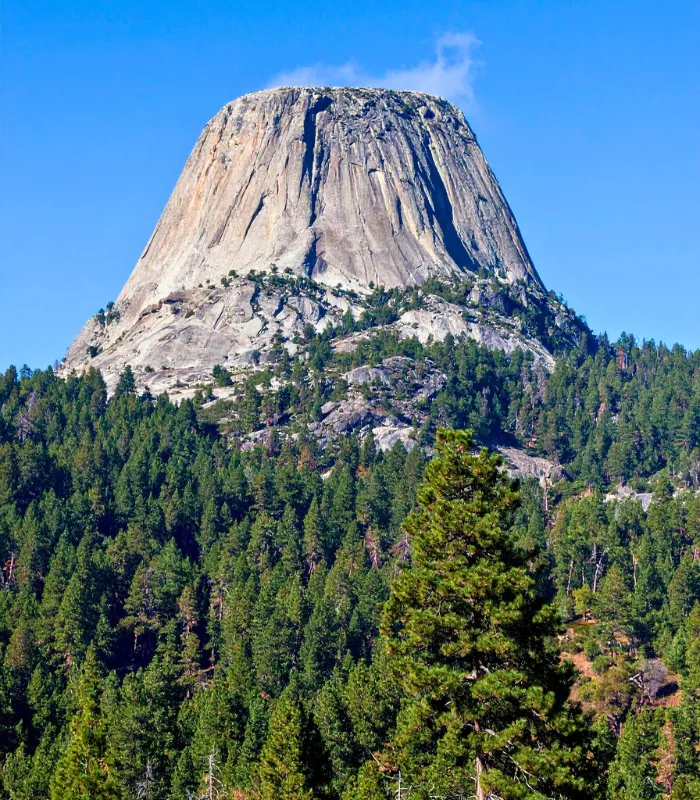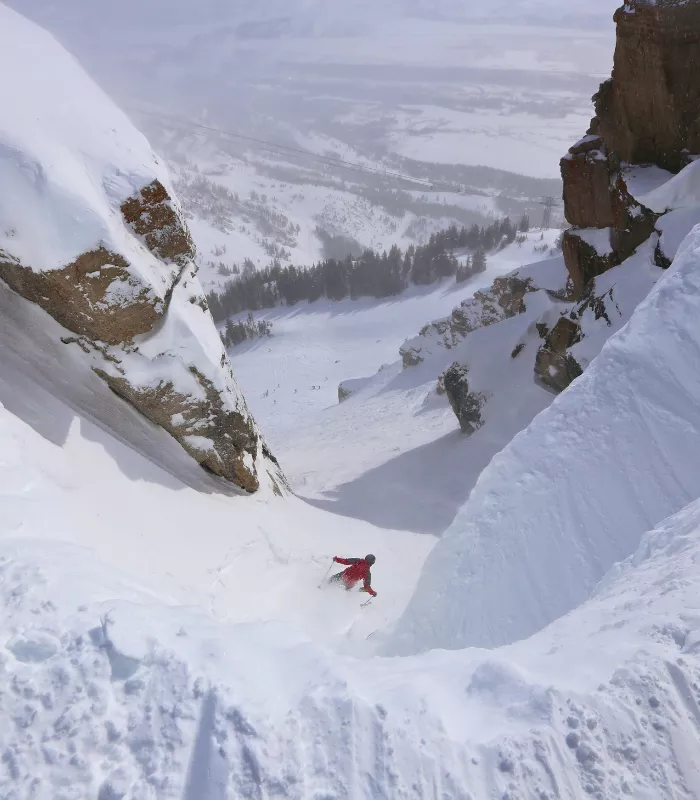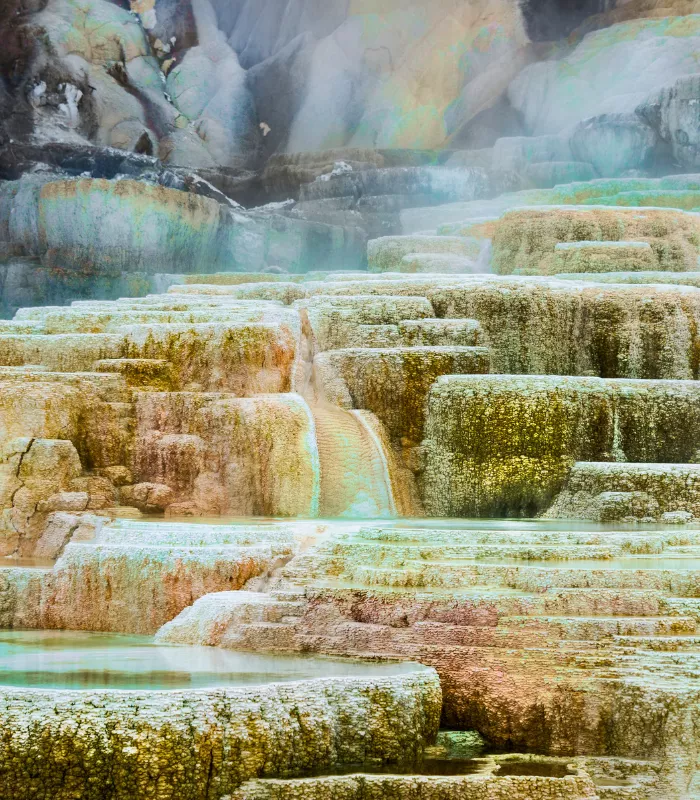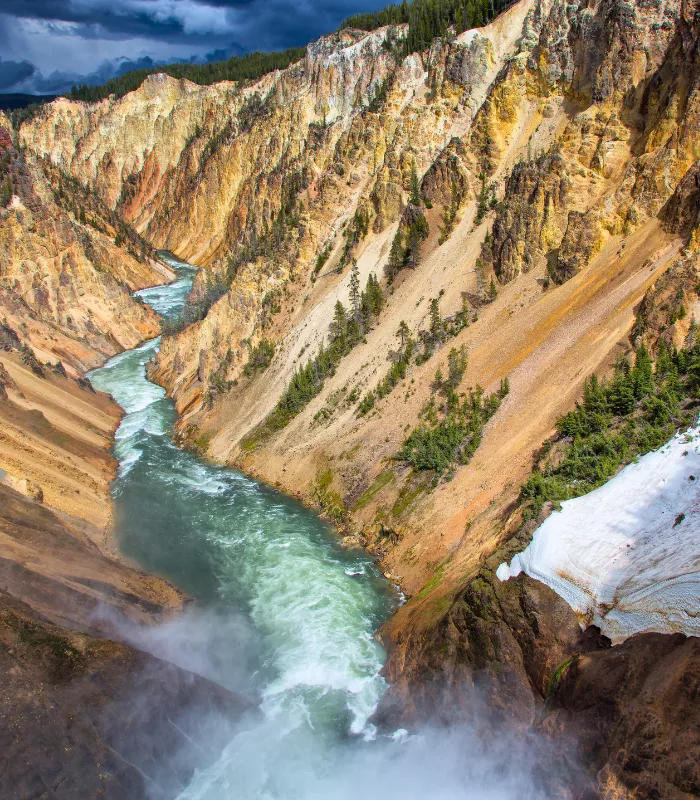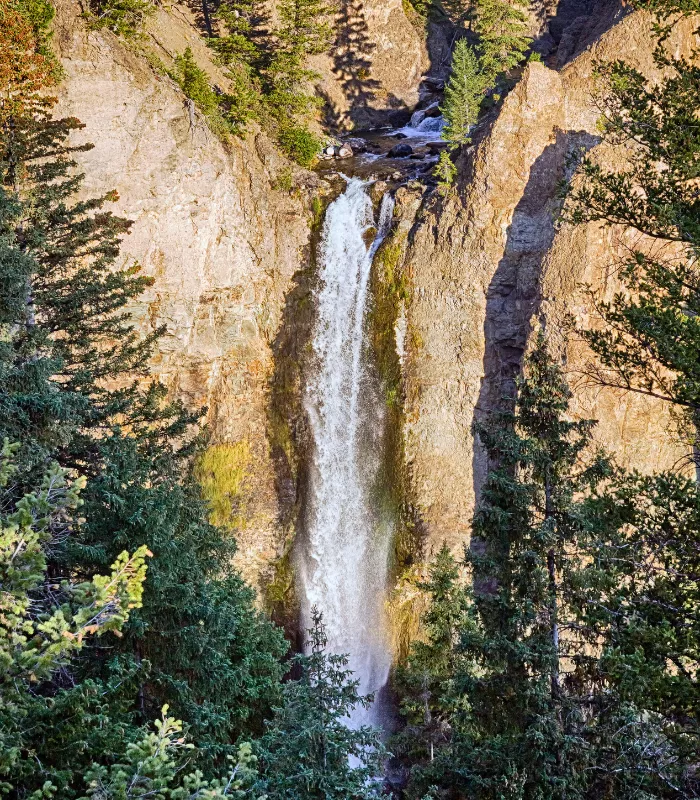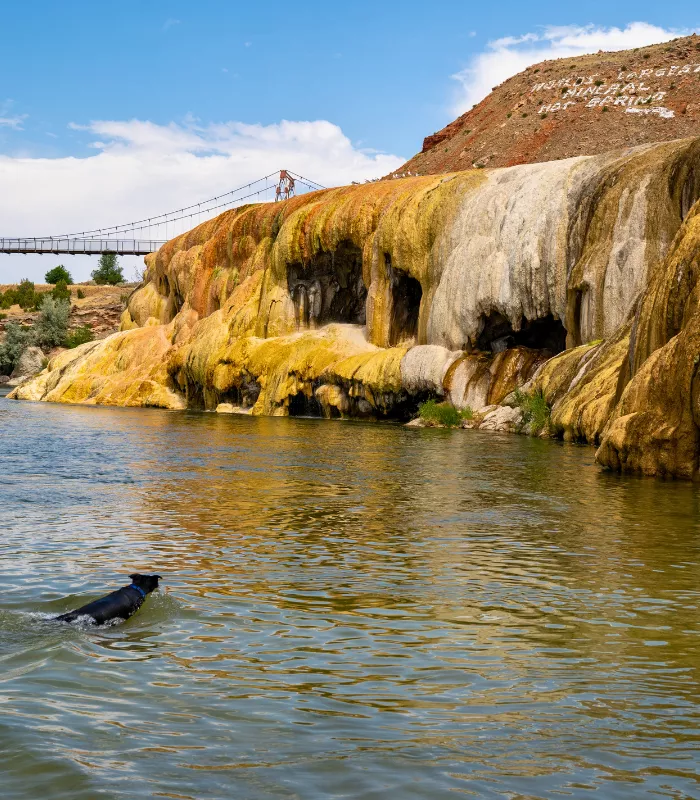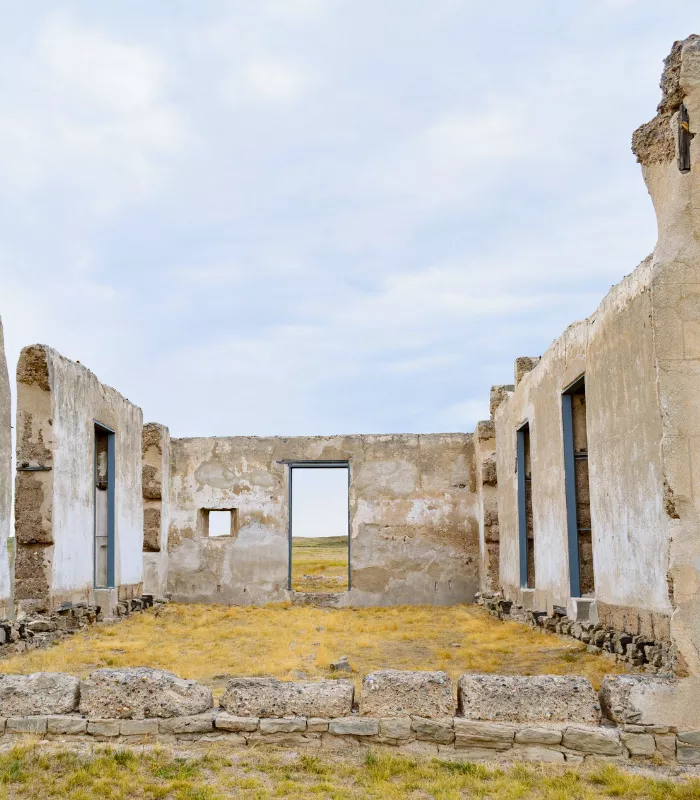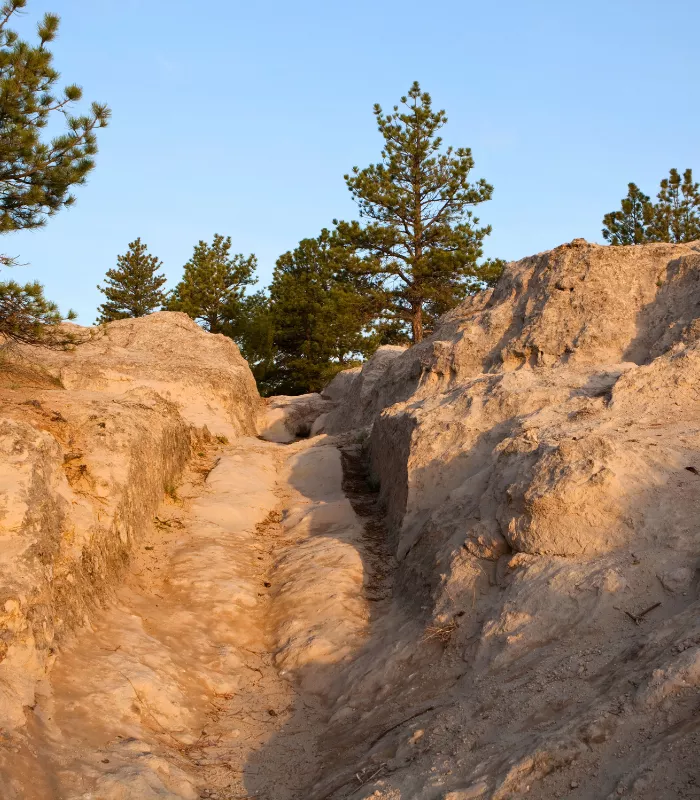Instead, visitors often discover overpriced roadside attractions masquerading as genuine frontier experiences.
The Equality State’s tourist industry has perfected the art of charging premium prices for mediocre attractions.
Between inflated entrance fees and crowds thicker than bison herds, Wyoming’s worst destinations excel at separating tourists from their money faster than a pickpocket at a rodeo.
1. Wyoming Frontier Prison, Rawlins
This crumbling former prison closed in 1981 after 80 years of housing criminals.
Tours cost $12 per adult to see dark cells, a gas chamber, and punishment areas where inmates were whipped with rubber hoses.
The facility is in serious disrepair with peeling paint, crumbling walls, and that distinct prison smell.
Many visitors describe it as more creepy than educational.
2. Jackson Hole Town Square Antler Arches, Jackson
Four arches made from 14,000 pounds of elk antlers sit at each corner of this small downtown square.
Each arch uses over 2,000 antlers and needs rebuilding every 50 years.
The square functions mainly as a photo opportunity surrounded by expensive tourist shops.
Parking is difficult and the area gets extremely crowded during peak season.
You’re essentially paying premium Jackson prices to take a selfie under some antlers.
3. Grand Prismatic Spring, Yellowstone National Park
This 370-foot diameter hot spring attracts massive crowds who often can’t see the famous rainbow colors due to steam.
Parking fills up by 8 AM and creates traffic jams for miles in both directions.
The boardwalk becomes slippery and dangerous with pushing crowds and uncontrolled children running around.
Park rangers are often nowhere to be found to manage the chaos.
Many visitors report seeing only faint blue edges through the thick steam, making the trip completely worthless.
4. Old Faithful, Yellowstone National Park
Over 1,000 visitors crowd around this famous geyser at any given time during peak season.
The eruption lasts only a few minutes after potentially hours of waiting in uncomfortable seating.
The surrounding area has become completely commercialized with overpriced gift shops and restaurants.
A hot dog costs $15, even if it’s made from bison.
The geyser itself is impressive, but the tourist trap atmosphere ruins the natural wonder experience.
5. Devils Tower National Monument, Devils Tower
This 867-foot rock formation requires a $30 entrance fee per vehicle for what many describe as a quick photo stop.
The small visitor center offers little educational value beyond basic geological information.
Most visitors spend less than an hour here since there’s limited hiking beyond the basic Tower Trail.
The monument feels overpriced for what amounts to looking at a large rock.
Unless you’re rock climbing, there’s very little to justify the entrance fee and drive time.
6. Jackson Hole Ski Resort, Teton Village
Summer lift tickets cost over $40 per person just to ride up the mountain for views.
The resort caters heavily to wealthy tourists with $20 hamburgers and $15 beers at mountain restaurants.
Everything feels artificially expensive with little value for middle-class families.
A family of four can easily spend $200 just for lunch and lift rides.
The wealth disparity is obvious everywhere you look, making average visitors feel unwelcome.
7. Mammoth Hot Springs, Yellowstone National Park
These limestone terraces are often dry or have minimal water flow, leaving visitors staring at white rock formations instead of active hot springs.
The boardwalks are always packed with slow-moving crowds.
The springs change constantly, so what you see in photos may not exist when you visit.
Many terraces appear dead or inactive during certain seasons.
The area feels more like a crowded sidewalk than a natural wonder due to constant foot traffic.
8. Grand Canyon of Yellowstone, Artist Point
This viewpoint becomes so crowded that you’ll wait in line just to get close enough for a photo.
The parking lot fills up early morning and stays packed all day.
The view is impressive but the experience is ruined by hundreds of tourists pushing for the same photo angle.
Getting a clear shot without people is nearly impossible.
You’re essentially paying park entrance fees to stand in line for an Instagram photo.
9. Million Dollar Cowboy Bar, Jackson
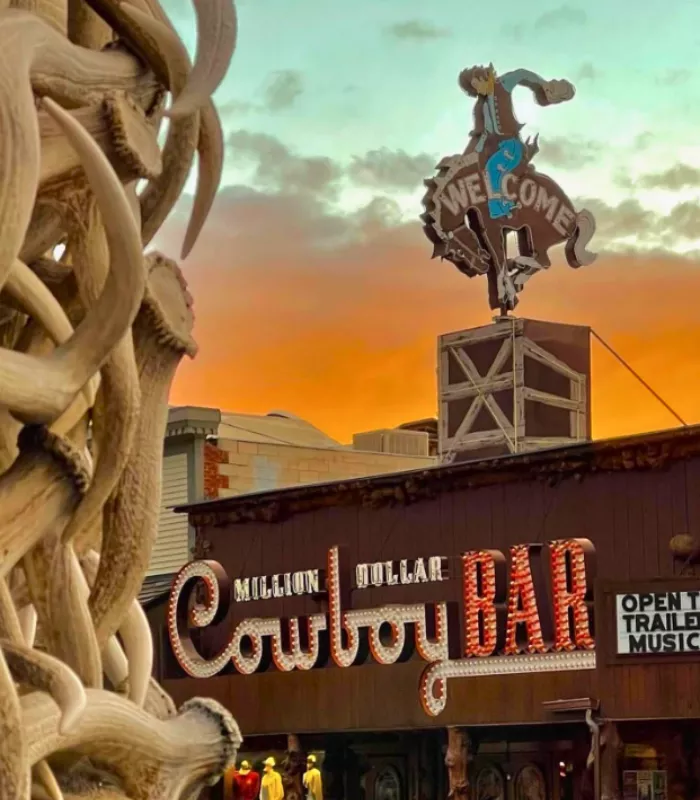
This supposedly iconic Western saloon charges premium prices for average drinks while tourists sit on saddle bar stools for novelty photos.
Beers cost $8-12 and mixed drinks start at $15.
The bar feels more like a theme park attraction than an authentic Western experience.
Most patrons are tourists taking photos rather than locals enjoying drinks.
You’re paying inflated Jackson prices for a gimmicky experience that locals avoid.
10. Tower Fall, Yellowstone National Park
This 132-foot waterfall requires a short hike to view properly, but the viewing area becomes extremely crowded during peak hours.
The fall often has reduced water flow by late summer.
The parking area is small and fills up quickly, forcing visitors to park along dangerous roadways.
The payoff is minimal for the effort and potential safety risks.
Many visitors report the waterfall being underwhelming compared to photos they’ve seen online.
11. Gift Shop Strip on Highway 16, Buffalo
This stretch of highway features multiple Native American-themed gift shops selling mass-produced trinkets made in China.
Dreamcatchers cost $30, plastic tomahawks go for $25, and rubber moccasins are priced at $40.
Most items have no authentic connection to local tribes or culture.
The shops target tourists heading to Devils Tower with aggressive roadside advertising.
You’ll find better prices and authentic items literally anywhere else in the state.
Why It’s On This List: Overpriced fake Native American merchandise designed to catch tourists driving between destinations.
12. Cheyenne Frontier Days, Cheyenne
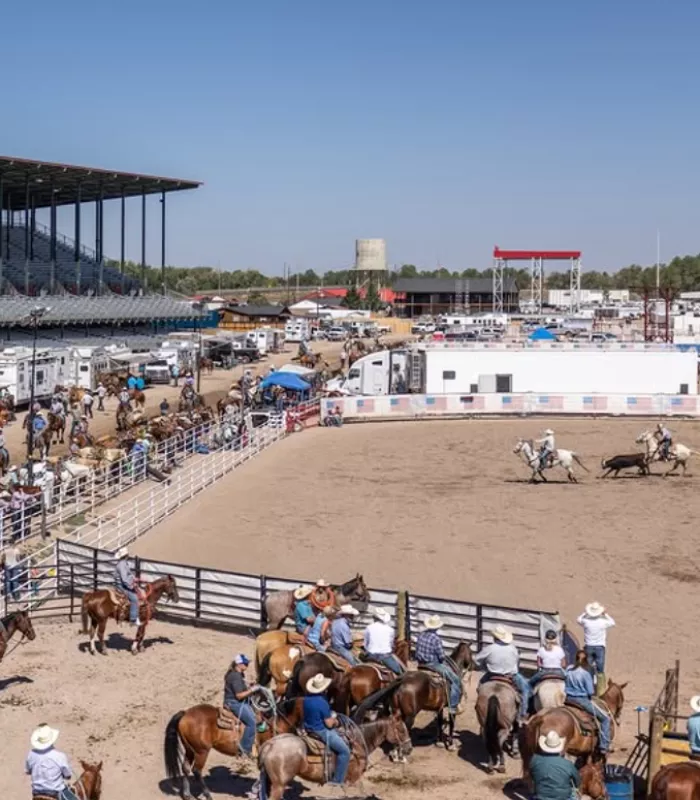
This 10-day rodeo event charges $75 for general admission to watch events you can see at local county fairs for $10. Parking costs an additional $20 per day in muddy fields miles from the action.
Food vendors charge $15 for basic hamburgers and $8 for small sodas.
The crowds are massive but the actual rodeo events are brief and spread throughout long days.
Hotel prices in Cheyenne triple during the festival, making it one of the most expensive weeks to visit Wyoming.
Why It’s On This List: What should be an authentic Western experience becomes an overpriced commercial festival with inflated prices.
13. Independence Rock, Casper Area
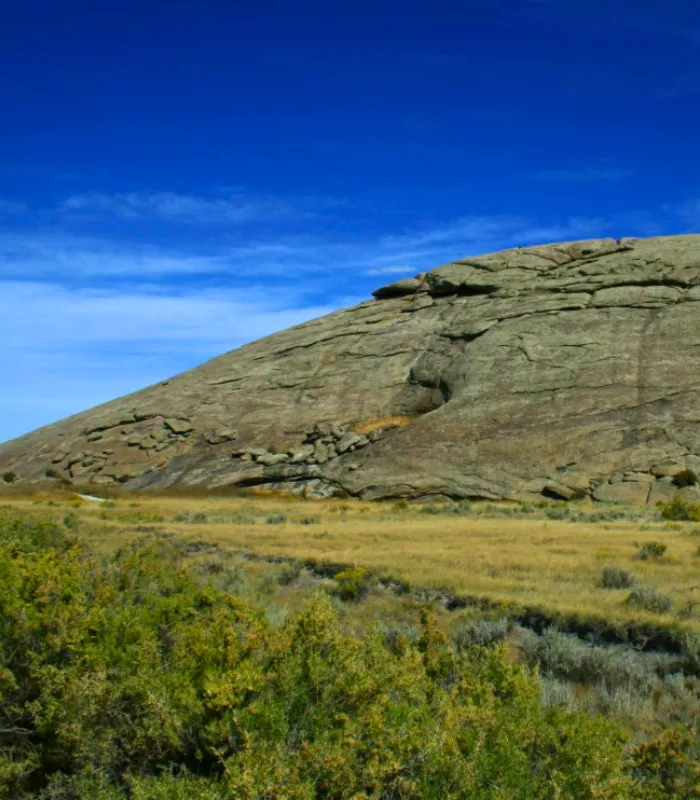
This large granite rock formation requires a $5 parking fee to see what’s essentially a big rock with some old carved names.
The visitor center is tiny with minimal information about pioneer history.
Most visitors spend 15 minutes taking photos before realizing there’s nothing else to see. The rock is impressive from a distance but underwhelming up close.
The site lacks proper facilities or meaningful interpretation of its historical significance.
Why It’s On This List: You’re paying to see a rock that looks better in photographs than in person.
14. Hot Springs State Park, Thermopolis
While the hot springs are free, everything else costs money including $10 parking fees and $15 locker rentals.
The free pools are overcrowded and often dirty with poor maintenance.
The paid commercial pools charge $20-30 per person for the same mineral water experience. Food at the park costs triple what you’d pay in town.
The bison herd viewing area requires additional fees despite being advertised as part of the park experience.
Why It’s On This List: Hidden fees and commercialization ruin what should be a natural hot springs experience.
15. Fort Laramie National Historic Site, Fort Laramie
This $15 per vehicle historic site features mostly reconstructed buildings with limited original artifacts.
The self-guided tour takes about 45 minutes through empty rooms with basic displays.
The visitor center gift shop is overpriced with the same generic Western items found everywhere. Educational programs are infrequent and poorly advertised.
Most buildings are locked or have restricted access, limiting what visitors can actually experience.
Why It’s On This List: High entrance fees for what amounts to empty reconstructed buildings with minimal historical interpretation.
16. Fossil Butte National Monument, Kemmerer
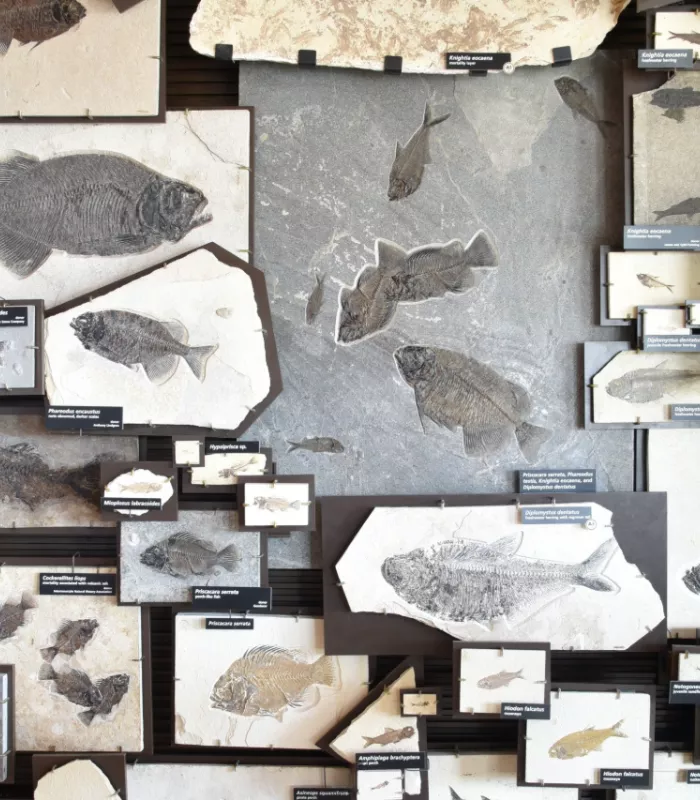
The $15 entrance fee gets you access to a small visitor center and a few short trails with limited fossil viewing opportunities.
Most actual fossils are behind glass or completely inaccessible.
The monument feels more like an educational facility than an outdoor experience. Hiking trails are short and offer little beyond basic geology information.
Private fossil hunting operations nearby charge much more but don’t guarantee you’ll find anything worthwhile.
Why It’s On This List: You’re paying to look at rocks and read signs about fossils you can’t actually see or touch.
17. Jackalope Square, Douglas
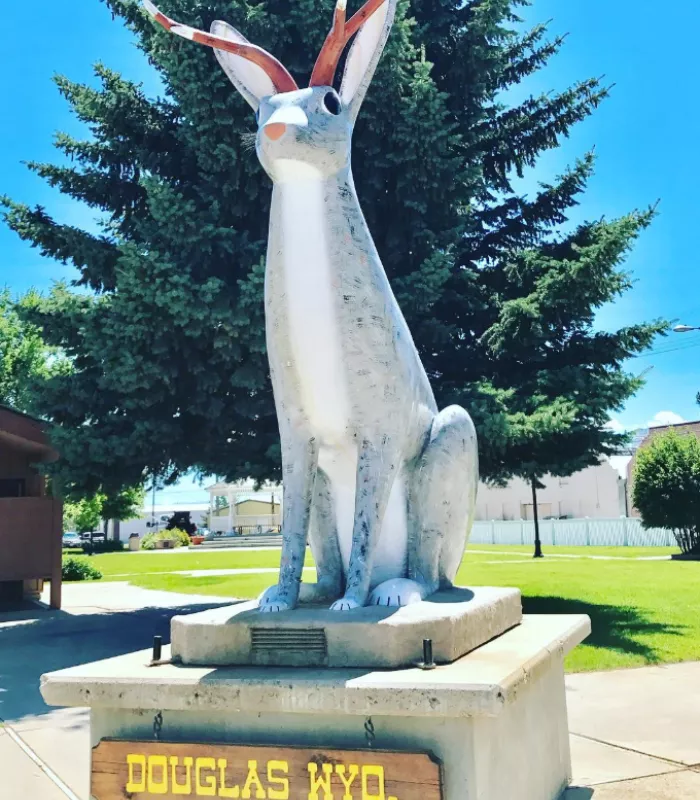
This small town plaza features a giant fiberglass jackalope statue and gift shops selling jackalope-themed merchandise.
T-shirts cost $25, coffee mugs are $15, and stuffed jackalopes go for $40.
The entire experience takes about 10 minutes unless you enjoy shopping for novelty items. There’s nothing authentic or educational about mythical creatures.
Douglas tries to brand itself as the “Jackalope Capital” but offers little beyond photo opportunities and overpriced souvenirs.
Why It’s On This List: A whole tourist stop built around a fictional animal with expensive merchandise as the main attraction.
18. Fossil Fish Beds Visitor Center, Kemmerer
This small visitor center near Fossil Butte charges $15 per vehicle to see a handful of fish fossils behind glass displays. The center is open limited hours and offers little beyond basic geology information and overpriced gift shop items.
Most actual fossil hunting happens at private quarries that charge additional fees. The visitor center experience lasts about 30 minutes before you’ve seen everything twice.
The drive to reach this remote location often takes longer than the actual visit, making it a poor use of travel time and money.
Why It’s On This List: High entrance fees for a tiny museum with minimal displays and no hands-on fossil hunting opportunities.
19. Oregon Trail Ruts, Guernsey
These wagon wheel ruts in sandstone charge $5 parking fees to see shallow grooves that may or may not be authentic pioneer trail marks.
The site has minimal interpretation or historical context.
Most visitors spend less than 20 minutes wondering if they’re looking at the right rocks. The ruts are barely visible and could be from any wheeled vehicles.
There’s no visitor center or facilities beyond a small parking area and basic signs.
Why It’s On This List: You’re paying to see faint marks in rocks with no proof they’re actually from covered wagons.
20. Sinks Canyon State Park, Lander
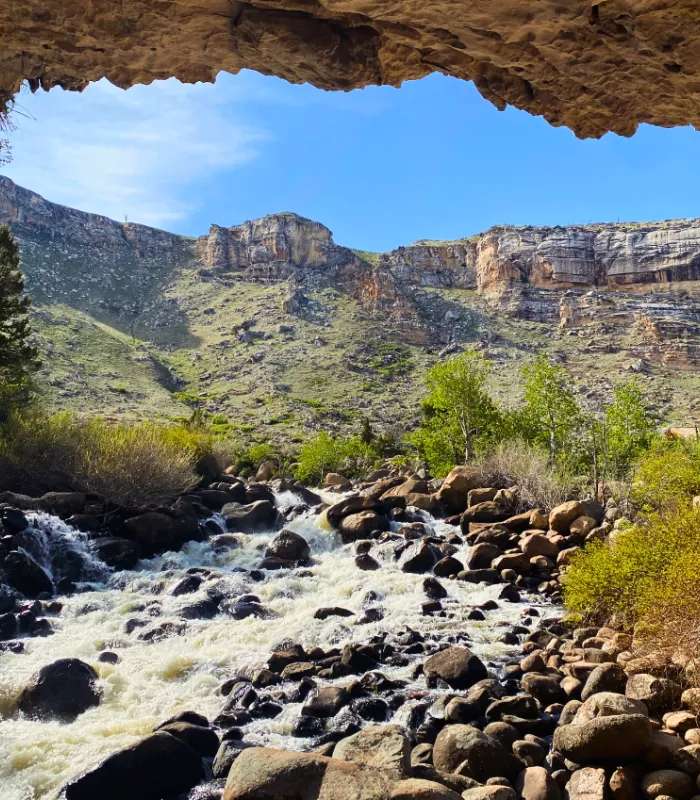
While the park itself is free, all activities cost extra including $10 fishing licenses and $15 trail map fees.
The famous “sinks” where the river disappears are often dry or have minimal water flow.
Parking is limited and fills up quickly during peak season, forcing visitors to park along dangerous highway shoulders.
The nature center has limited hours and outdated exhibits.
The rise, where the river reappears, is a quarter-mile walk but often disappointing when water levels are low.
